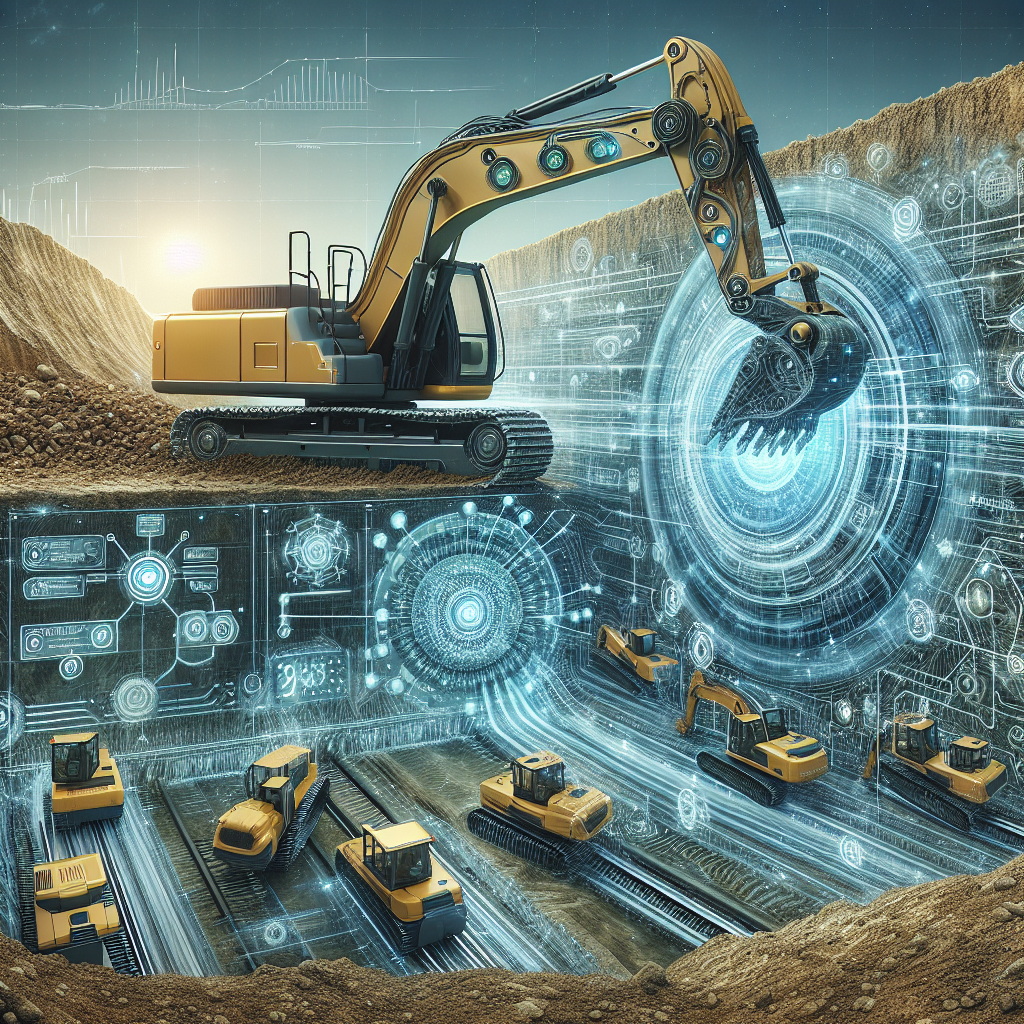Harnessing Artificial Intelligence in Geotechnical Engineering for Advanced Numerical Simulation
- sfayyazi
- Aug 31, 2024
- 3 min read
As we look to the future, AI’s integration into geotechnical engineering promises to enhance efficiency, accuracy, and safety in numerous ways. By leveraging AI technologies, geotechnical engineers are able to enhance their numerical simulation capabilities, leading to more accurate predictions and smarter decision-making processes in the field. Here’s how AI can shape the future of this critical field:
1. Data Analysis and Interpretation
Geotechnical engineering involves analyzing vast amounts of data from soil samples, rock formations, and other geological features. AI algorithms can process and interpret this data more quickly and accurately than traditional methods. Machine learning models can identify patterns and correlations that might be missed by human analysts, leading to more informed decision-making.
2. Predictive Modeling
AI can significantly improve predictive modeling in geotechnical engineering. By training AI models on historical data, engineers can predict future geological events such as landslides, earthquakes, and soil erosion. This predictive capability allows for proactive measures to mitigate risks, enhancing the safety and stability of infrastructure projects.
3. Real-Time Monitoring and Maintenance
AI-powered sensors and monitoring systems can provide real-time data on the condition of geotechnical structures like dams, tunnels, and foundations. These systems can detect anomalies and potential failures early, allowing for timely maintenance and repairs. This not only extends the lifespan of structures but also prevents catastrophic failures.
4. Automation of Routine Tasks
Many routine tasks in geotechnical engineering, such as soil testing and sample analysis, can be automated using AI. Automation reduces the time and labor required for these tasks, freeing up engineers to focus on more complex and creative aspects of their work. This can lead to increased productivity and cost savings.
5. Enhanced Design and Simulation
AI can assist in the design and simulation of geotechnical projects. Advanced AI algorithms can optimize design parameters, ensuring that structures are both safe and cost-effective. Simulation tools powered by AI can model various scenarios and stress conditions, providing engineers with valuable insights into the performance of their designs under different conditions.
6. Sustainability and Environmental Impact
AI can help geotechnical engineers design more sustainable and environmentally friendly projects. By analyzing data on environmental impact, AI can suggest design modifications that minimize ecological disruption. This is particularly important in an era where sustainable development is a global priority.
7. Training and Knowledge Sharing
AI can also play a role in training and knowledge sharing within the geotechnical engineering community. AI-driven platforms can provide personalized learning experiences, keeping engineers up-to-date with the latest advancements and best practices. Additionally, AI can facilitate the sharing of knowledge and expertise across the industry, fostering collaboration and innovation.

Real-World Applications of AI in Geotechnical Engineering
The application of AI in geotechnical engineering is not just theoretical; it has tangible real-world implications across various domains:
Site Characterization: AI can analyze geospatial data and geological surveys to provide detailed insights into subsurface conditions, facilitating more informed site characterization and foundation design.
Risk Assessment: By processing historical geotechnical data and project-specific information, AI can assess the risks associated with a particular construction project and recommend risk mitigation strategies.
Optimized Design: AI algorithms can optimize the design of geotechnical structures by considering multiple variables simultaneously, resulting in more efficient and cost-effective solutions.
The Future Landscape of Geotechnical Engineering with AI
As AI continues to evolve and its applications in geotechnical engineering expand, the future holds immense potential for innovation and advancement in the field. By harnessing the power of AI for numerical simulation, geotechnical engineers can push the boundaries of traditional methodologies and achieve unprecedented levels of precision and efficiency in their analyses.
In conclusion, the integration of AI in geotechnical engineering represents a transformative shift towards smarter, data-driven decision-making processes. By embracing AI technologies for numerical simulation, geotechnical engineers can unlock new possibilities, improve infrastructure resilience, and build a more sustainable future for generations to come. As AI technology continues to evolve, its integration into geotechnical engineering will undoubtedly lead to more innovative and sustainable solutions, benefiting both the industry and society as a whole.



Comments